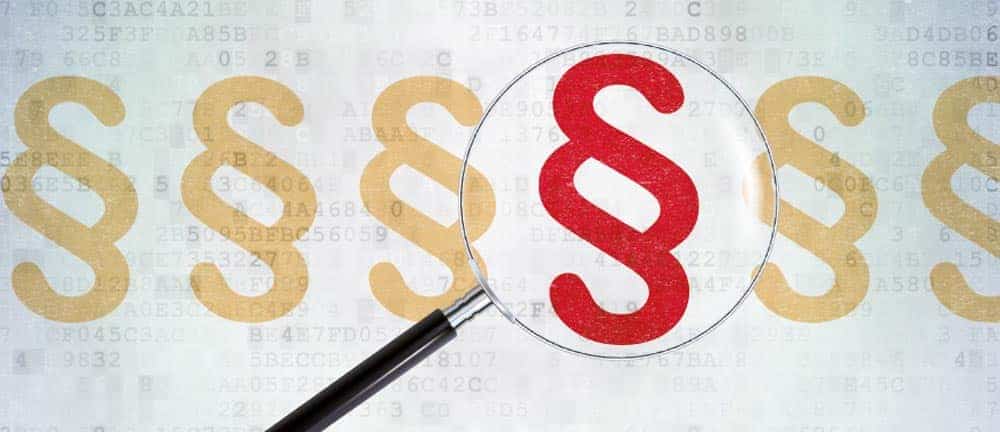Indirect use: First signs of success


According to information from DSAG, SAP has conceded that all sales activities have been suspended with immediate effect until the issue of the "NetWeaver Foundation for 3rd Party Products" has been finally clarified, and that all "unresolved cases" in the market to date are to be resolved in a timely manner.
On the part of SAP, an escalation point (COO of the SAP national company) had also been assured on this issue.
As explained in detail in our legal opinion on the indirect use of SAP software, there are considerable doubts about the legal validity of the licensing of NetWeaver Foundation for Third Party Applications.
The linking of the NetWeaver Foundation for Third Party Applications license type to the customer's access to "the database of SAP applications or to the information contained therein" appears questionable from a legal perspective.
SAP's concession could therefore be an important and correct step to avoid a legal escalation with customers.
Nevertheless, the issue of indirect use and the associated risk of sublicensing is by no means limited to this type of license. Rather, there are a large number of questions about licensing obligations in a networked, globalized infrastructure, especially in connection with cloud-based usage scenarios.
In the absence of a precise definition of indirect use subject to licensing, it is therefore premature to regard the issue of indirect use as already resolved on the basis of current developments.
Incidentally, SAP's current price list 2017/1a includes other license types that declare indirect uses of the software as subject to licensing, such as the SAP Platform User, the SAP Platform User for Productivity Apps, or the SAP NetWeaver OpenHub license in the BW environment.
Not yet conclusively clarified are the risks customers face when using third-party applications that access third-party databases purchased from SAP (e.g., Oracle or Microsoft).
As a rule, only a runtime usage right to the respective database is acquired from SAP. Direct access to the third-party DB or to the information contained therein shall, if necessary, require the acquisition of full-use license rights to these databases.
In accordance with the SAP PKL, Customer is responsible for ensuring that it has acquired the necessary rights of use from the relevant licensors.
A copyright consideration justifies this regulation of SAP, since the customer using the DB must without exception observe the copyrights of the manufacturer of the database and the license agreement made for the intended use.
In the event of violations, the customer therefore risks a legal dispute with the database manufacturer. However, SAP also has certain obligations to provide information and advice when selling a third-party database. It is important to check in each individual case whether these obligations have been observed.
Other current legal issues also include SAP's basic rules for the implementation and use of databases and communication in a separate database landscape. Here, too, questions arise as to the conditions under which a specific data transfer is covered by the license terms.
The same applies to the use of the various S/4 models, some of which are significantly limited in terms of data usage and data transfers.
Therefore, it remains to be seen what SAP's move to discontinue the distribution of the licenses will mean in the long term and what impact it will have with respect to other license types related to indirect use.
In any case, this step does not yet represent a fundamental solution to the issue of indirect use. In any case, customers can hope that SAP will make the sale of corresponding license models transparent in the future and announce them clearly, so that a customer can (have) already checked in advance of a purchase whether and, if so, which licenses he needs.






